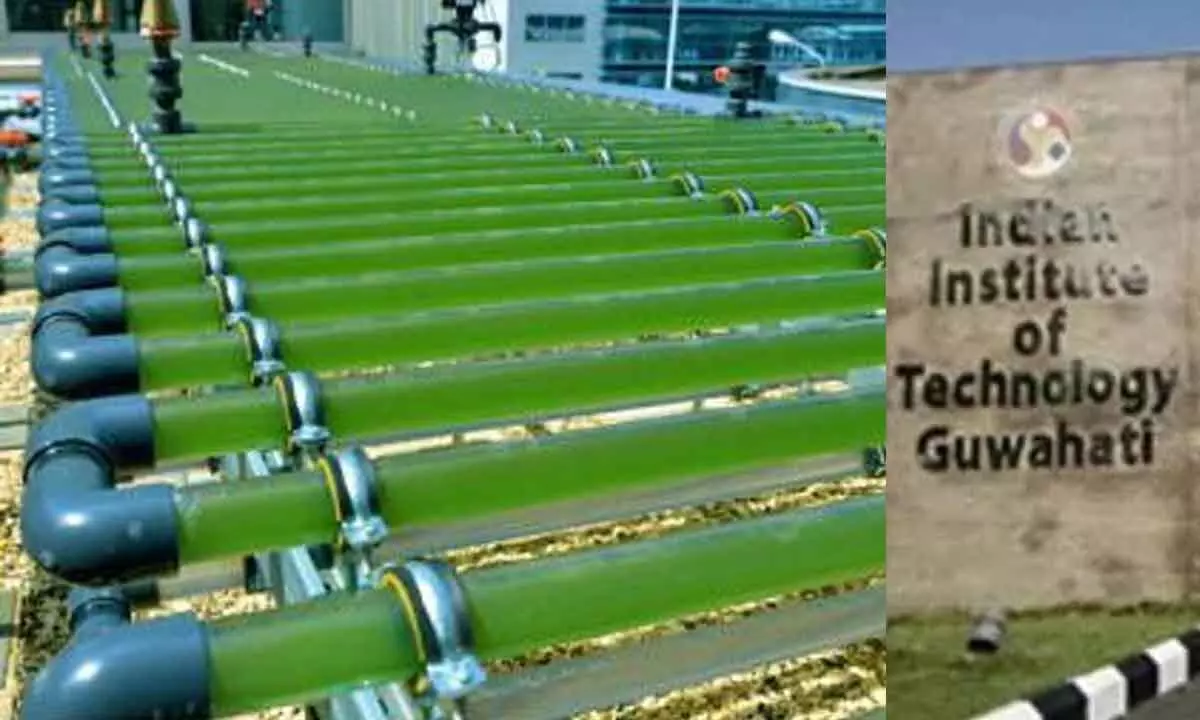
Follow WOWNEWS 24x7 on:
Updated: May 04, 2025 14:30

Researchers at IIT Guwahati have come up with a scalable microalgal biorefinery model that provides an innovation in green fuel production and wastewater treatment. The project is integrated with large-scale reactors and green chemistry, which turns wastewater into biofuels and removes pollutants effectively. Here is the in-depth analysis:
Key Highlights
Sustainable Wastewater Treatment:
The biorefinery model uses advanced reactor systems to treat industrial and domestic wastewater.
It effectively eliminates contaminants, providing clean water output and valuable by-products.
Biofuel Production & Circular Economy Approach:
The process transforms harvested algae and sewage sludge into biocrude, a petroleum-similar fuel.
Researchers obtained a 40% yield of biocrude, proving the viability of waste-to-energy technologies.
Innovative Reactor Design:
IIT Guwahati researchers employed large-scale photobioreactors to optimize algal growth and fuel yield.
The design incorporates hydrothermal liquefaction (HTL), which increases biofuel recovery efficiency.
Environmental Impact & Future Applications:
The biorefinery model helps in urban waste management, lowering pollution levels.
It supports India's green energy mission, encouraging sustainable development.
Research Publication & Global Recognition:
The research was published in Energy Conversion and Management, emphasizing scalability and efficiency.
The project has received global recognition, making IIT Guwahati a pioneer in biofuel innovation.
This achievement reflects India's focus on sustainable energy, providing a scalable solution for clean fuel and water management.
Sources: Devdiscourse, IIT Guwahati Press Release, Careers360

